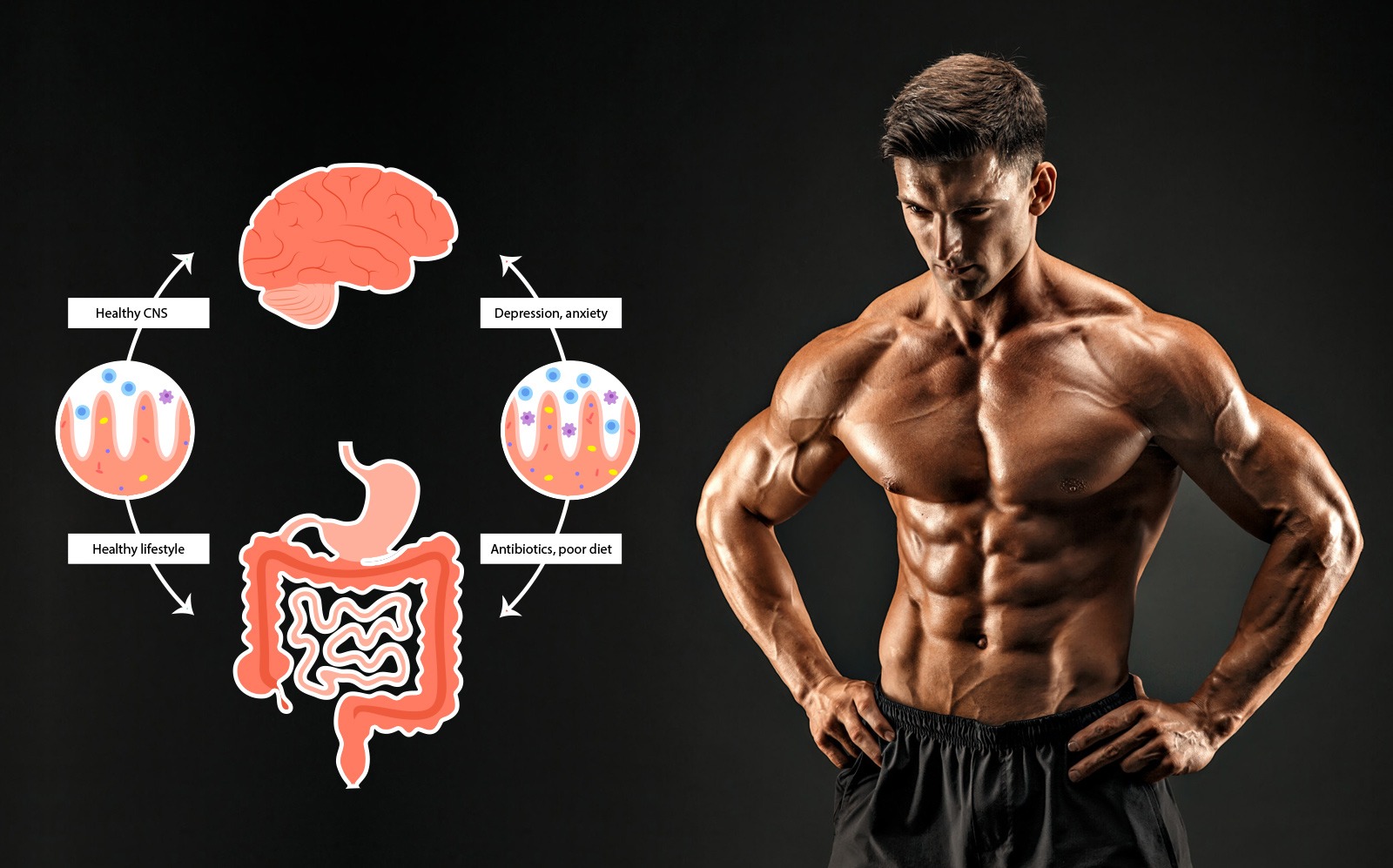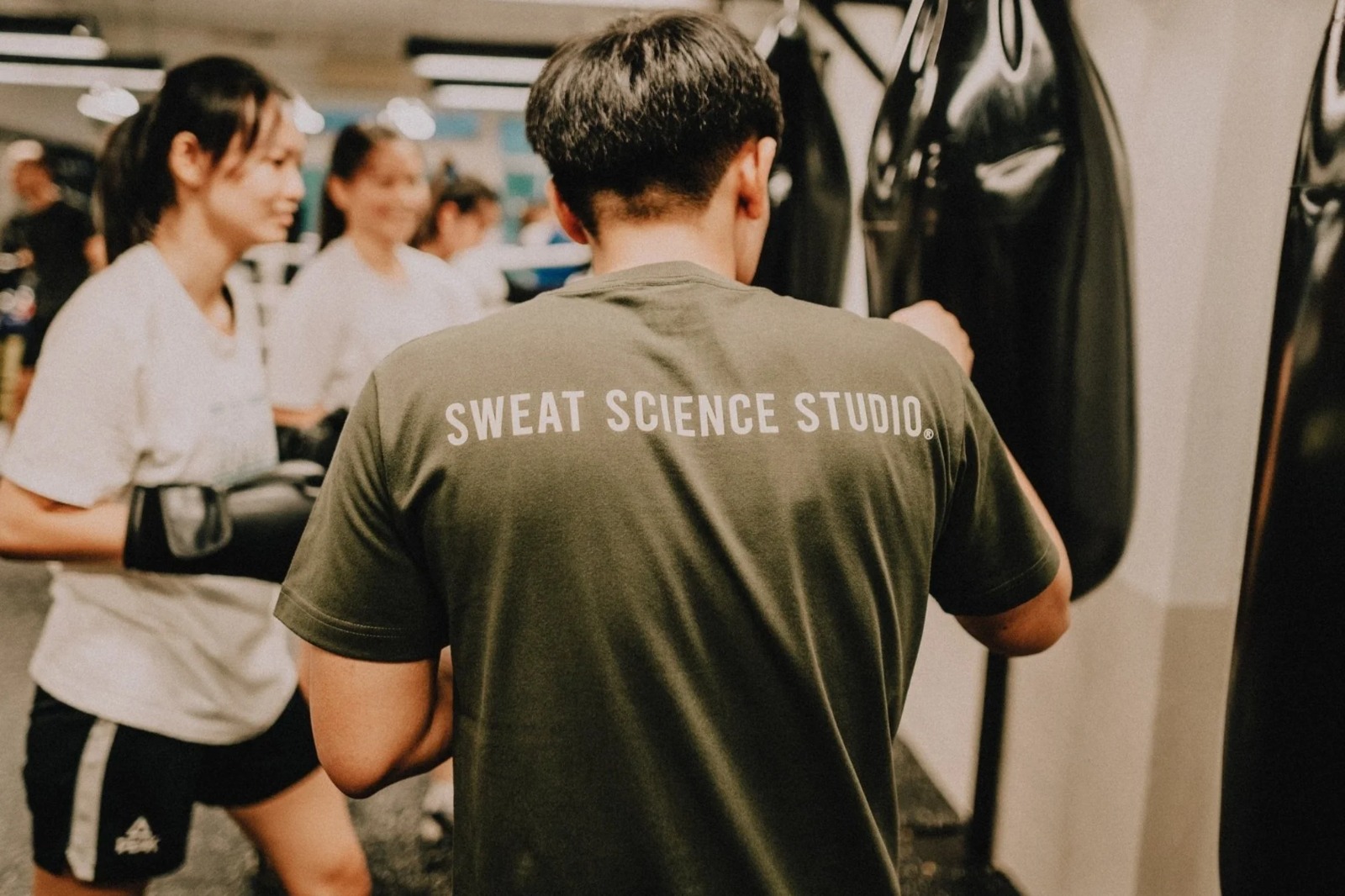
Sports and Strength: Building Muscles, Confidence, and Stamina
Engaging in sports and physical activities offers more than just physical fitness. It helps in building muscles, boosting stamina, and increasing confidence. The strength gained through consistent training not only improves your body but also your mental resilience. This article will guide you on how to build muscles, enhance confidence, and boost stamina through sports and fitness routines.
💪 Fitness Guru
21 min read · 3, Jan 2025

1. The Power of Sports in Building Muscles
When you play sports, your body undergoes numerous physical changes. Every time you run, lift, or push, you engage your muscles. Regular exercise, especially strength training exercises like weightlifting, bodyweight exercises, or even sports like football, basketball, and swimming, helps your muscles grow stronger and more defined. You must understand that muscles grow when you push them to their limits, breaking them down in the process. As you recover, they rebuild and become stronger.
Here’s how sports can help in muscle building:
- Resistance Training: Many sports require strength and resistance, such as rugby, tennis, and martial arts. When you perform these movements regularly, your muscles respond by getting stronger.
- Functional Movement: Sports like swimming, basketball, and track and field promote functional movement that activates multiple muscle groups, contributing to muscle growth.
- Recovery: Resting is essential for muscle growth. After engaging in physical activity, your muscles need time to recover and rebuild. It’s this period of rest that leads to muscle growth.
If you want to build muscle, focus on progressive overload. This means that you gradually increase the intensity of your workouts. With consistent effort, you will notice muscle gains and increased strength.
2. Stamina and Endurance: Building Energy and Vitality
Stamina refers to the ability to sustain prolonged physical or mental effort. It is different from strength, but both are essential for achieving overall fitness. When you play sports, your cardiovascular system gets trained to work more efficiently, which helps you last longer without getting exhausted.
Here’s how sports help build stamina:
- Aerobic Activities: Sports such as running, cycling, swimming, and soccer work the cardiovascular system, which is crucial for building stamina. These activities train the heart and lungs to deliver oxygen to muscles more efficiently.
- Interval Training: Many sports incorporate interval training, where you push yourself hard for a short burst and then recover. Over time, this type of training improves both aerobic and anaerobic stamina.
- Gradual Progression: Just like with muscles, your stamina improves as you push your body to new limits. Start slow and gradually increase the intensity and duration of your activity, allowing your body to adapt and grow stronger.
Remember, stamina doesn’t build overnight. Just like strength, it’s built over time. So, whether you're running laps, playing tennis, or cycling, keep pushing your limits with consistency and patience. You’ll be surprised at how much more energy and stamina you’ll have in no time.
3. Confidence Through Sports and Physical Fitness
Confidence isn’t just about how you look or what you wear—it’s also about how you feel in your own body. Physical activity plays a huge role in boosting self-esteem and confidence. When you engage in sports, you’re not just improving your physical health, you’re also learning perseverance, resilience, and discipline. These qualities translate into mental strength and self-assurance.
Here’s how sports can help boost your confidence:
- Achievement and Goal Setting: In sports, you set goals, whether it’s running a mile faster, lifting a heavier weight, or improving your technique. Each time you achieve a goal, you gain confidence in your abilities.
- Improved Body Image: Regular physical activity leads to physical changes that improve your appearance, but more importantly, they help you appreciate your body for what it can do. As you build muscle and improve stamina, you develop a stronger sense of self-worth.
- Resilience: Sports teach you that setbacks are part of the process. Whether you lose a game or fail to lift a certain weight, you learn that failure isn’t the end—it’s a lesson that helps you grow and improve. This resilience builds mental confidence that extends to all areas of your life.
- Social Connection: Playing team sports helps build relationships, which increases a sense of belonging and confidence. Knowing that others support and believe in you can provide a great boost to your self-esteem.
When you feel stronger, both physically and mentally, your confidence will soar. The benefits of consistent participation in sports are immense. Not only will you see changes in your body, but you’ll also notice a positive shift in your mindset.
4. The Role of Diet and Nutrition in Building Muscles and Stamina
What you eat is as important as how you train. If you want to build muscle and stamina, your body needs the right fuel to support your workouts. Eating a balanced diet will ensure you’re getting the right amount of protein, carbohydrates, fats, vitamins, and minerals to support your growth and recovery.
Here are some dietary guidelines to follow:
- Protein: Protein is essential for muscle growth and repair. Include lean proteins like chicken, fish, eggs, tofu, and legumes in your diet.
- Carbohydrates: Carbs are your body’s primary source of energy. Whole grains, fruits, and vegetables will provide you with the necessary fuel for long workouts and intense sports sessions.
- Healthy Fats: Don’t neglect healthy fats found in avocados, nuts, seeds, and olive oil. These fats help support joint health and provide sustained energy.
- Hydration: Drink plenty of water to stay hydrated. Dehydration can negatively affect your performance and stamina, so it’s important to stay hydrated before, during, and after exercise.
- Recovery Nutrition: After intense physical activity, your body needs to replenish its stores of glycogen and repair muscle fibers. Post-workout meals or snacks should contain both protein and carbs.
By maintaining a well-balanced diet, you ensure that your muscles have the nutrients they need to grow and that your body has the energy to perform at its best.
5. Overcoming Challenges in Building Muscles and Stamina
It's important to acknowledge that building muscle and stamina comes with its set of challenges. Whether it’s dealing with soreness, fatigue, or a lack of motivation, you’ll face obstacles along the way. But don’t let them discourage you.
Here are some tips for overcoming challenges:
- Set Realistic Expectations: Progress takes time, and it’s essential to stay patient with yourself. Set small, achievable goals along the way to keep you motivated.
- Listen to Your Body: It’s okay to take breaks when needed. Overtraining can lead to injuries, so make sure to listen to your body’s signals and allow proper rest.
- Stay Consistent: Consistency is key. Even on days when you don’t feel like it, push through and do something active. This habit will eventually become part of your routine, and you’ll begin to see results.
- Find Support: Surround yourself with people who encourage you. Whether it's a workout buddy, a coach, or family, having support can help you stay on track.
QnA Section
Ques 1: How often should I exercise to build muscle?
Ans: Aim for at least 3-4 times per week. Include a mix of strength training and cardiovascular exercises to balance muscle growth and stamina.
Ques 2: Can I build muscle without lifting weights?
Ans: Yes! Bodyweight exercises like push-ups, squats, and lunges can also help build muscle. Sports like swimming and cycling also provide\muscle-building benefits.
Ques 3: How do I improve my stamina for long-distance running?
Ans: Start with shorter distances and gradually increase your mileage. Incorporate interval training and proper nutrition to boost your stamina ver time.
Ques 4: What should I eat before a workout?
Ans: A light snack with carbs and protein, such as a banana with peanut butter or a whole-grain toast with avocado, is ideal before a workout.
Ques 5: How do I stay motivated to keep working out?
Ans: Set clear, achievable goals, track your progress, and reward yourself for milestones. Find an activity or sport you love, so it doesn’t feel like a chore.
Similar Articles
Find more relatable content in similar Articles

The Science of Breathwork: Fitness Beyond Muscles...
Exploring how conscious contro.. Read More

Fitness in Tiny Apartments – Creative Space-Saving Workouts...
In today’s urban lifestyle, co.. Read More

Microbiome and Muscle: Gut Health as a Hidden Fitness Tool...
Unlock the hidden potential of.. Read More

Sweat Science – What Your Sweat Tells About Your Fitness Lev..
Sweat is more than a sign of e.. Read More
© 2024 Copyrights by rFitness. All Rights Reserved.